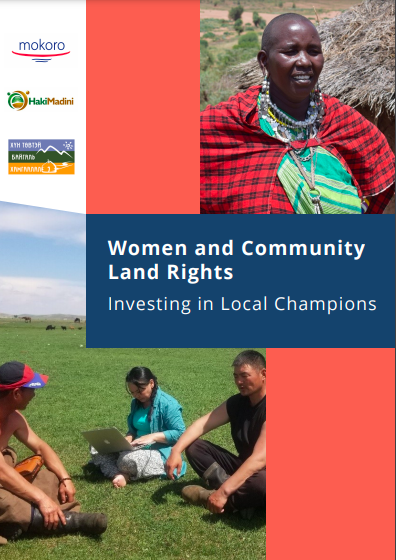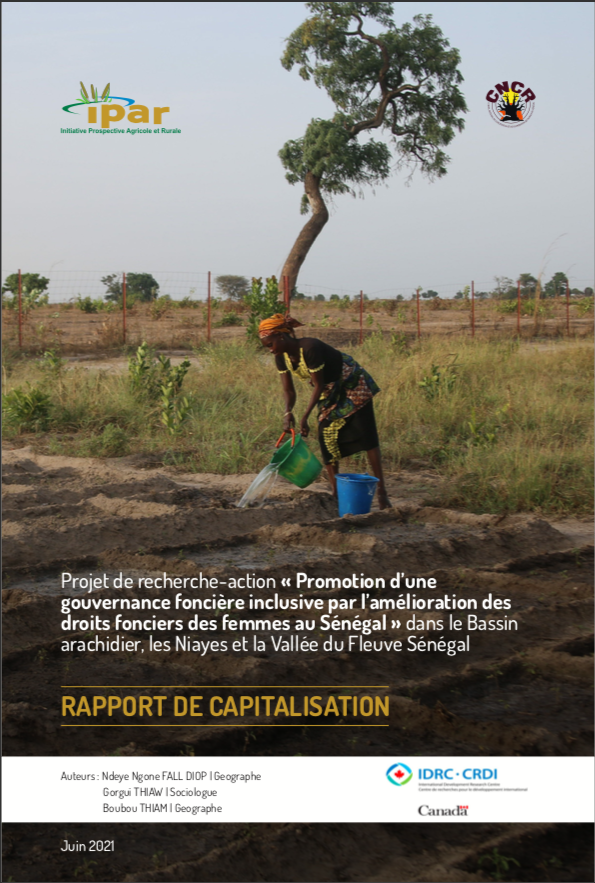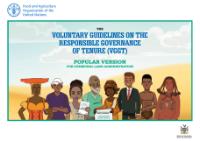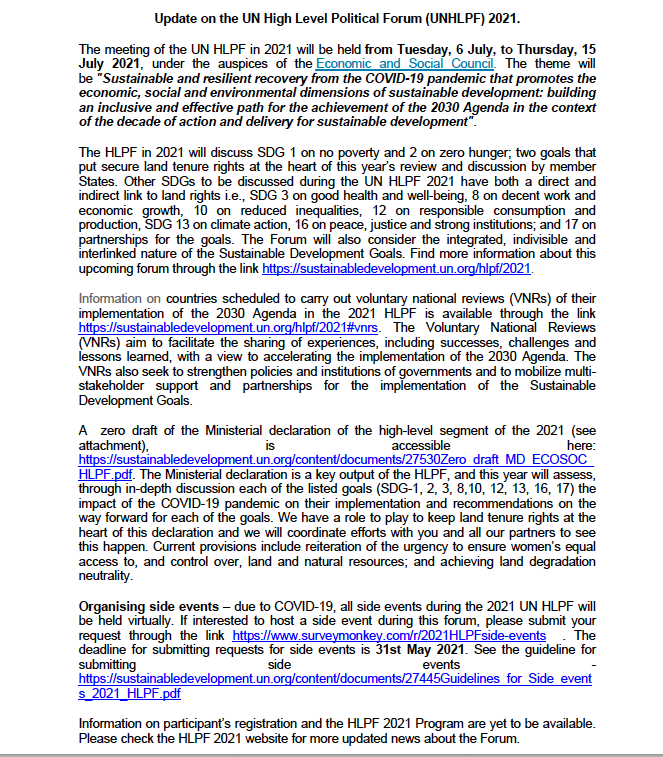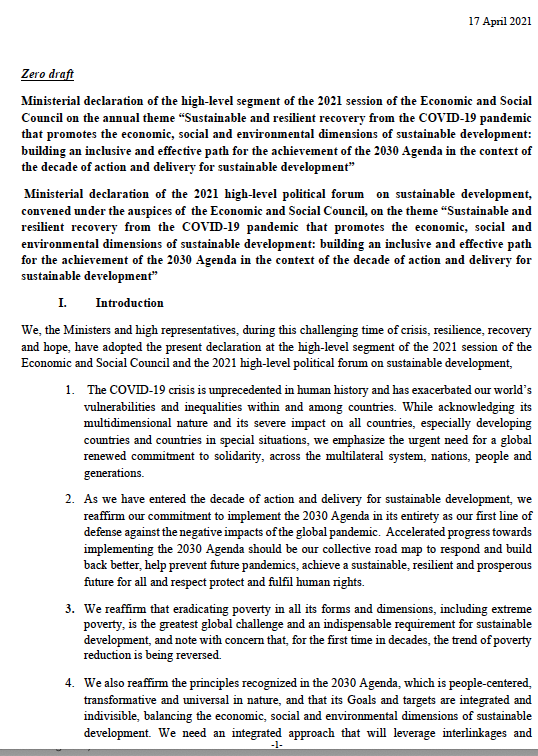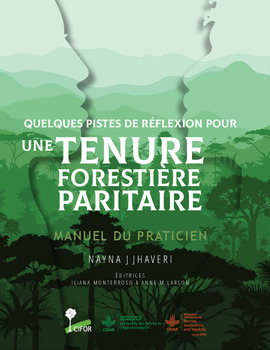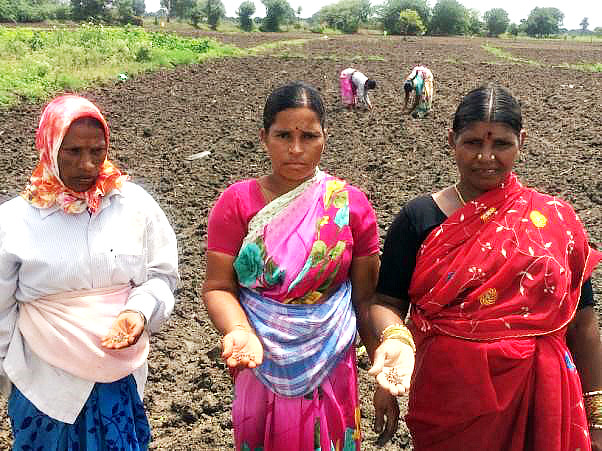Women and Community Land Rights: Investing in Local Champions
For more than five years, the Women’s Land Tenure Security (WOLTS) Project has been investigating the intersection of gender and land relations in mining-affected pastoralist communities in Mongolia and Tanzania. The aim has been to develop a methodology for long-term community engagement and capacity building to protect and support the land rights of all vulnerable people – thus to fully mainstream attention to gender equity in land tenure governance within a framework that would facilitate improvements in community land rights across the board.

